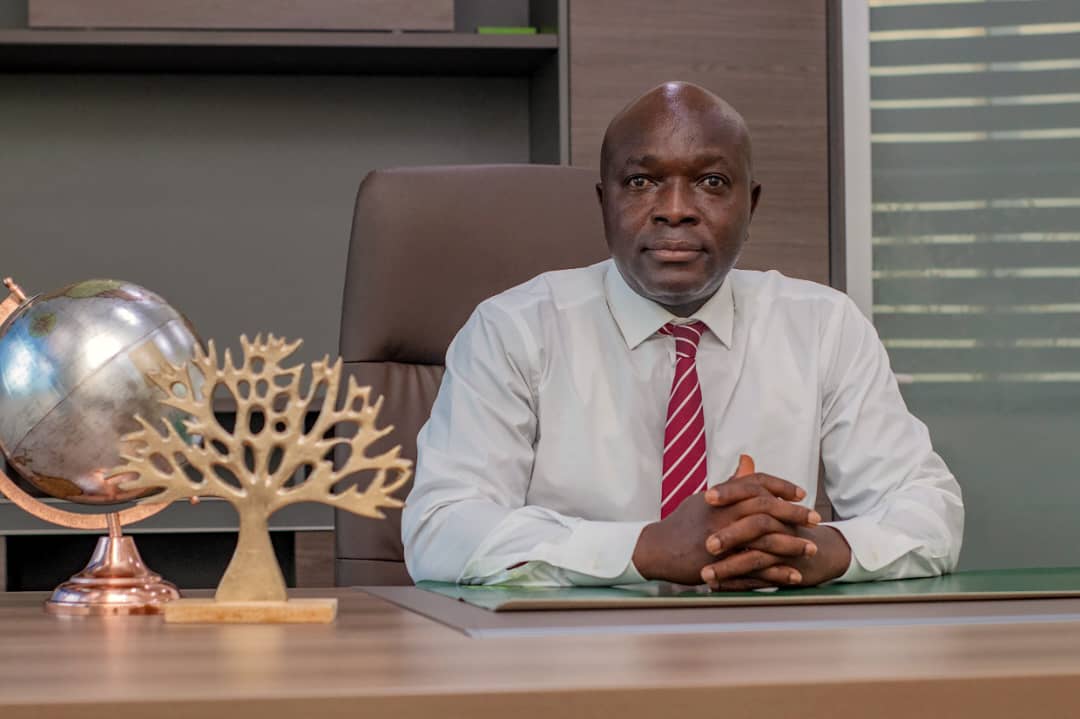
Accra, Ghana//-Yesterday, six of our young citizens who left home hoping to return as potential recruits into our noble Ghana Armed Forces lost their lives in a tragic stampede during a recruitment exercise—an incident that should shake the conscience of the nation.
Videos circulating on social media show thousands of desperate applicants jostling for a chance to have their documents assessed.
But that quickly descended into chaos, claiming the lives of these compatriots in their prime and injuring dozens more.
The casualty rate—estimated at 34 injured alongside the fatalities—underscores the gravity of what happened.
Beyond the immediate tragedy, however, lies a deeper, systemic problem: our grim unemployment crisis and the urgent need to structure mass recruitment exercises safely.
Unemployment: A National Security Risk
This is the first major stampede in Ghana’s recent history, and it is not an isolated accident. It is a symptom of a widening gap between job seekers and opportunities.
Over the years, security experts, including the venerable Dr Emmanuel Aning of the Kofi Annan International Peace Training Centre (KAIPTC), have repeatedly warned that joblessness poses a national security threat.
The World Bank has stated that Ghana faces a severe jobs challenge despite years of economic growth.
Over 500,000 young people enter the job market every year, according to the Bank, yet job creation has not kept pace, leaving many stranded in low-quality or informal work.
The Bank has also warned that Ghana’s youth population will grow by 1.6 million over the next decade, reaching 11 million by 2035, with more than half of the population under 30 years old.
Currently, only 13% of workers aged 15–64 hold high-quality jobs. Low-skill and informal employment accounts for over 53% of the workforce.
This mismatch between rising education levels and limited opportunities is fueling desperation and instability, as evidenced by the swelling numbers at such recruitments year in and year out.
For many of these applicants, the military and other security agencies represent the closest thing to a guaranteed, stable job in an economy where opportunities are scarce.
The promise of a steady income, housing, and social respect makes enlistment into these security services highly attractive—so much so that desperation drives thousands to risk their safety just for a chance to be considered.
But enlistments into these services have not been conducted openly and on a large scale for some time now.
The then-opposition National Democratic Congress (NDC) alleged that the exercises during those periods were either suspended or carried out quietly, fueling perceptions of limited access and favoritism.
This prolonged gap only heightened the desperation when the recent opportunity arose, as thousands saw it as their first real chance in years to secure a stable, respectable job.
That is why the stampede is more than a tragic accident—it is a wake-up call that unemployment is not just an economic statistic. It is a ticking time bomb.
If left unchecked, it will continue to manifest in ways that threaten public safety and national cohesion.
The Need for Proper Planning
While unemployment is the root cause, the incident also requires us to re-examine our planning and organisation of public events.
The Ghana Armed Forces is not new to this, and their record speaks of them as a disciplined, diligent, and trustworthy institution.
That is why one would expect them to infuse that discipline into how exercises of this nature are conducted, setting an example for other security agencies and institutions that require large gatherings of people.
The sight of thousands crammed into a single venue, competing for front-row positions, should never happen in a country with the capacity to digitise processes.
Why were applicants not staggered by time slots?
Why was there no robust online pre-screening system to reduce physical congestion?
These are questions the authorities must answer.
Recruitment into security services is a sensitive national exercise. It demands meticulous planning—not ad hoc arrangements that endanger lives.
Political Points-Scoring
Sadly, even as families mourn, some political actors have rushed to exploit the incident for partisan gain.
This is unacceptable. The loss of young lives should unite us in grief and resolve, not divide us further.
Political utterances that trivialise the tragedy or weaponise it for electoral advantage dishonour the victims and distract from the urgent reforms needed.
Leaders must rise above the urge to always seek political gain in every situation and focus on solutions.
What Next?
Firstly, the government must treat unemployment as a national emergency.
This means aggressive investment in job creation, skills development, and entrepreneurship—not lip service. This is why the government’s efforts to roll out the Big Push, the 24-Hour Economy policy, and the reformation of the mining sector around domestic value addition are vital.
Secondly, recruitment exercises must be restructured to prioritise safety and efficiency. Digital platforms and staggered schedules can drastically reduce congestion.
Thirdly, social gatherings of this scale should be subject to strict safety protocols, with security personnel trained to manage crowds effectively and emergency measures duly activated.
Finally, we must confront the uncomfortable truth: Ghana’s youth are not lazy—they are desperate.
They are willing to risk their lives for a job that pays a modest salary because the alternatives are bleak.
Until we fix this, tragedies like this will recur.
The stampede at the military recruitment centre is a national tragedy.
But it can also be a turning point if we choose to act decisively.
President John Mahama has shown clear and credible signs of capacity and commitment to reforming the country, and we must now rally behind him to achieve that.
Ghana cannot afford to ignore the warning signs any longer.
By Seidu Agongo
The writer is an entrepreneur and philanthropist.


